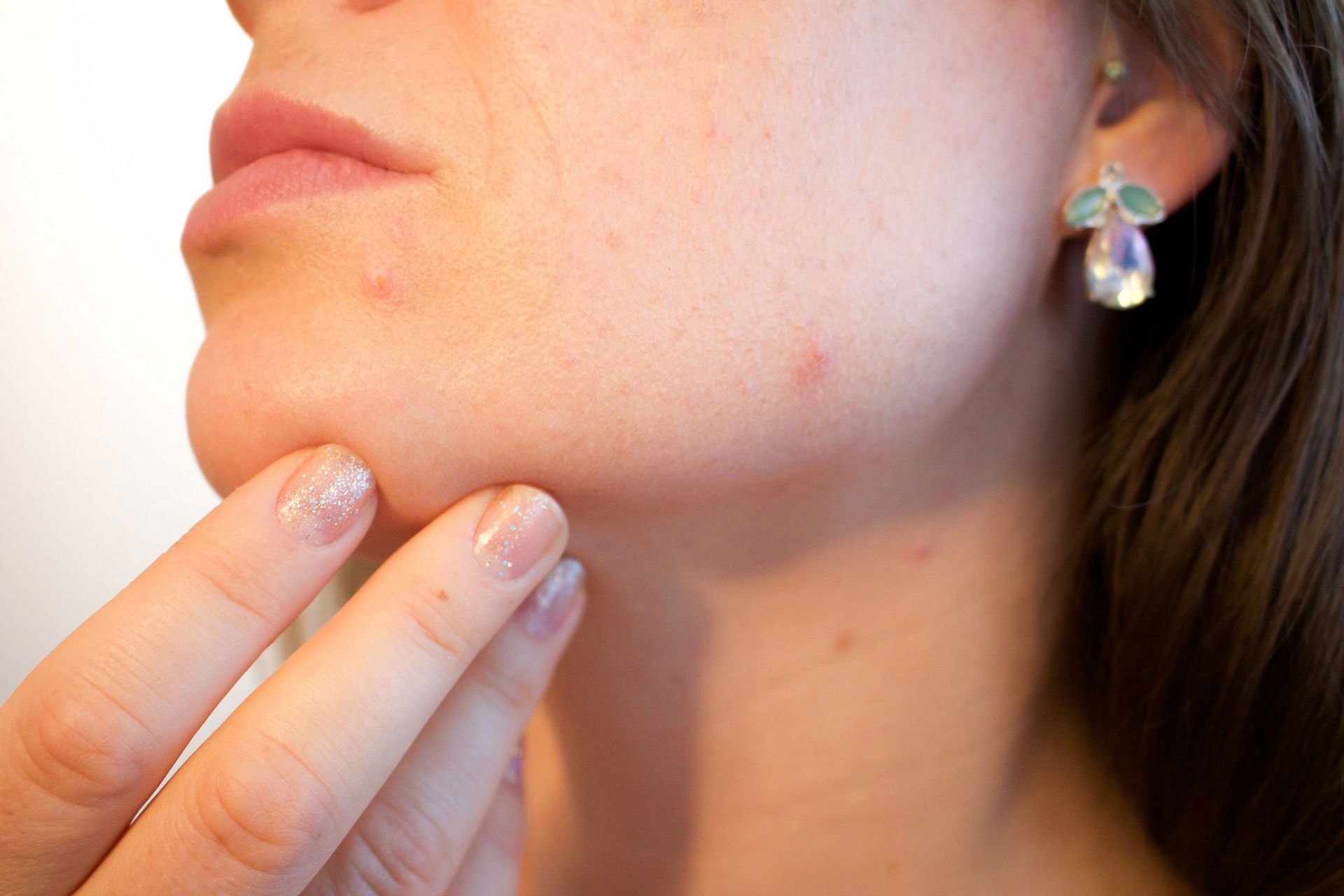HOW TO PREVENT SPOTS AND PIMPLES - NATURALLY
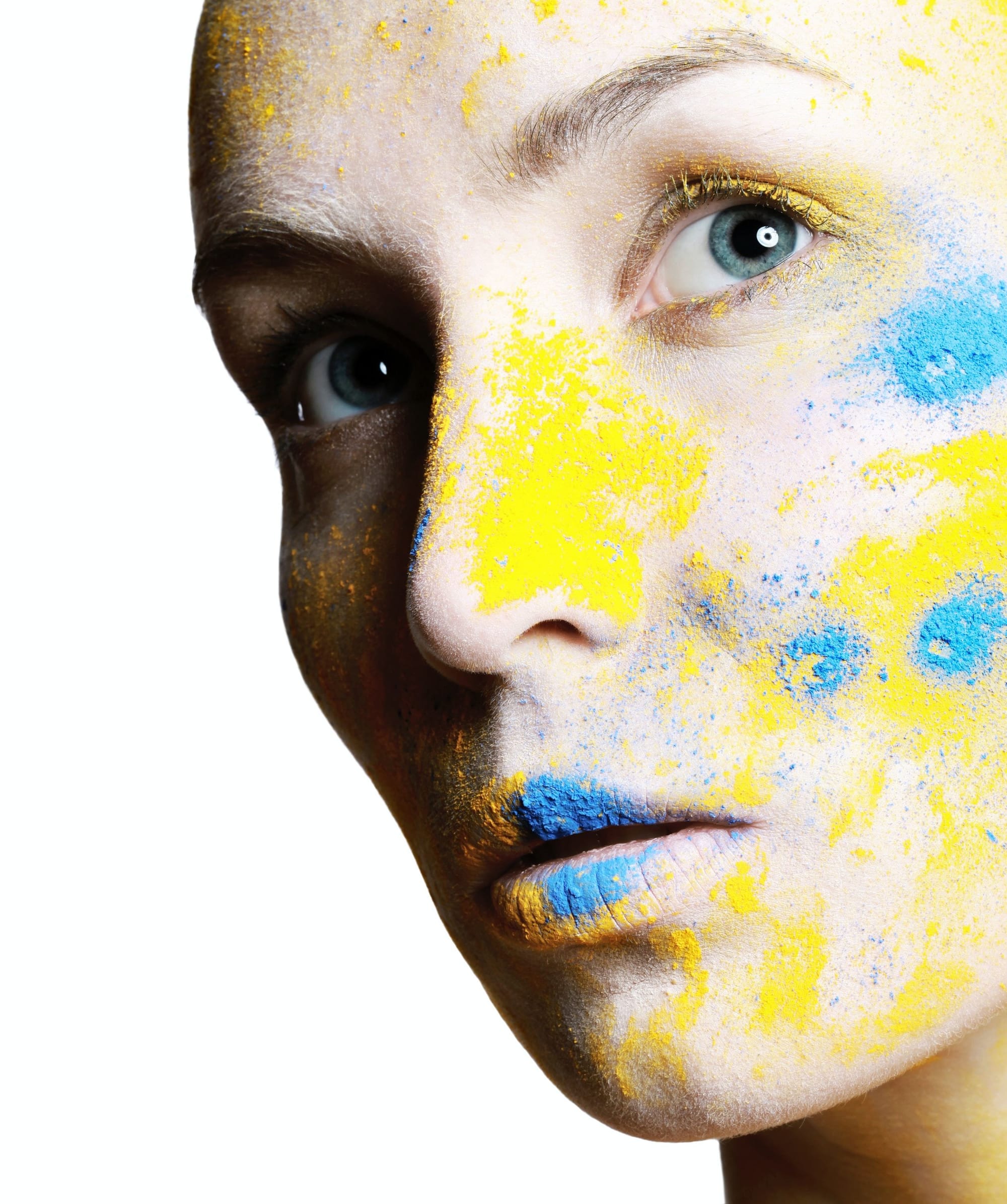
HOW TO PREVENT SPOTS AND PIMPLES – NATURALLY
9 tips to help if you tend to get skin breakouts
Pimples, spots, acne whatever you call these skin breakouts, they are caused by a build-up of the skins natural oils (sebum) blocking pores, this then reacts with some types of bacteria found naturally on the skin which then leads to the area becoming inflamed – pimples, spots, acne! These breakouts can occur anywhere on the body, but are most commonly found on the face.
There is no 100% percentage ‘cure all’ to prevent breakouts, as some are hormonal, due to genetics etc., but there are things that you can do to naturally to reduce their severity and keep them at bay.
1. Cleanse your face. To help prevent pimples, it's important to remove excess oil, dirt, and sweat daily. Cleanse twice a day (morning and evening) with an alcohol free cleanser as this will be less harsh on the skin and not dry it out. TOP TIP: Don’t wash your face more than twice a day as you can make spots and pimples worse. Your skin will produce more sebum to try and counteract the washing leading to more spots!
• Wet your face with warm, not hot, water
• Apply a gentle cleanser, one using only natural ingredients is best – look for a cleanser containing lavender or chamomile water or essential oils, massage into face with your fingers. Do not use a face cloth as this may contain more bacteria
• Rinse and pat dry with a clean towel
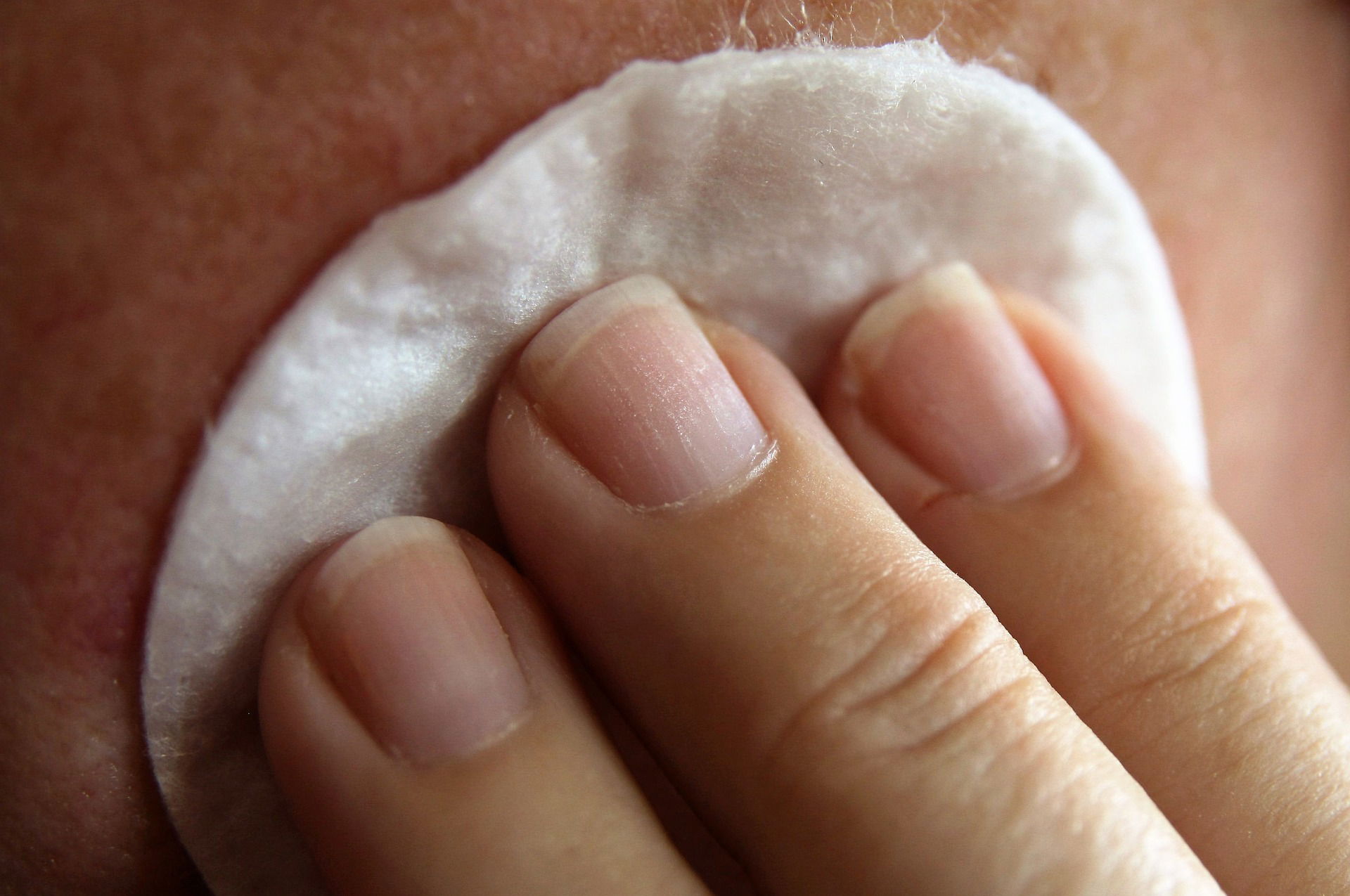 2. Know your skin type. It doesn’t matter what your skin type is you can still get spots. However, if you have oily skin you will be more prone to breakouts. Combination skin, where you have an oily T zone (forehead, nose, chin) will also be more susceptible. Try and find products that are non-comedogenic (formulated to avoid causing blocked pores) as you don’t want to block your pores more and make your breakout worse. TOP TIP: Avoid using coconut oil on your face, as this is a heavy oil that will block pores
2. Know your skin type. It doesn’t matter what your skin type is you can still get spots. However, if you have oily skin you will be more prone to breakouts. Combination skin, where you have an oily T zone (forehead, nose, chin) will also be more susceptible. Try and find products that are non-comedogenic (formulated to avoid causing blocked pores) as you don’t want to block your pores more and make your breakout worse. TOP TIP: Avoid using coconut oil on your face, as this is a heavy oil that will block pores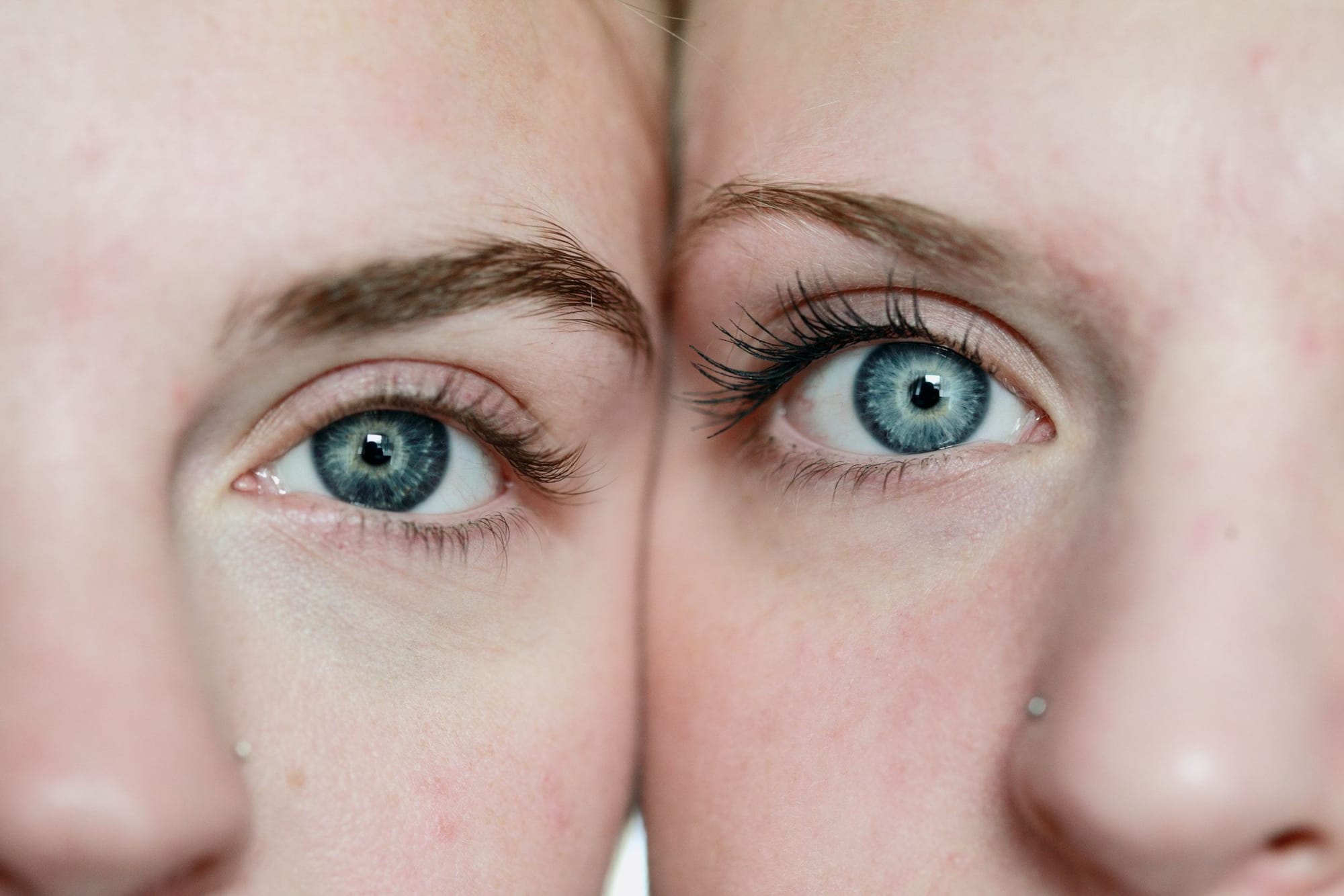 3. Moisturise skin. Using a moisturiser will help to keep your skin hydrated, however avoid those containing heavy oils, synthetic fragrances or other chemicals that could irritate your skin and cause more problems. Use after washing or when your skin feels dry.
3. Moisturise skin. Using a moisturiser will help to keep your skin hydrated, however avoid those containing heavy oils, synthetic fragrances or other chemicals that could irritate your skin and cause more problems. Use after washing or when your skin feels dry.
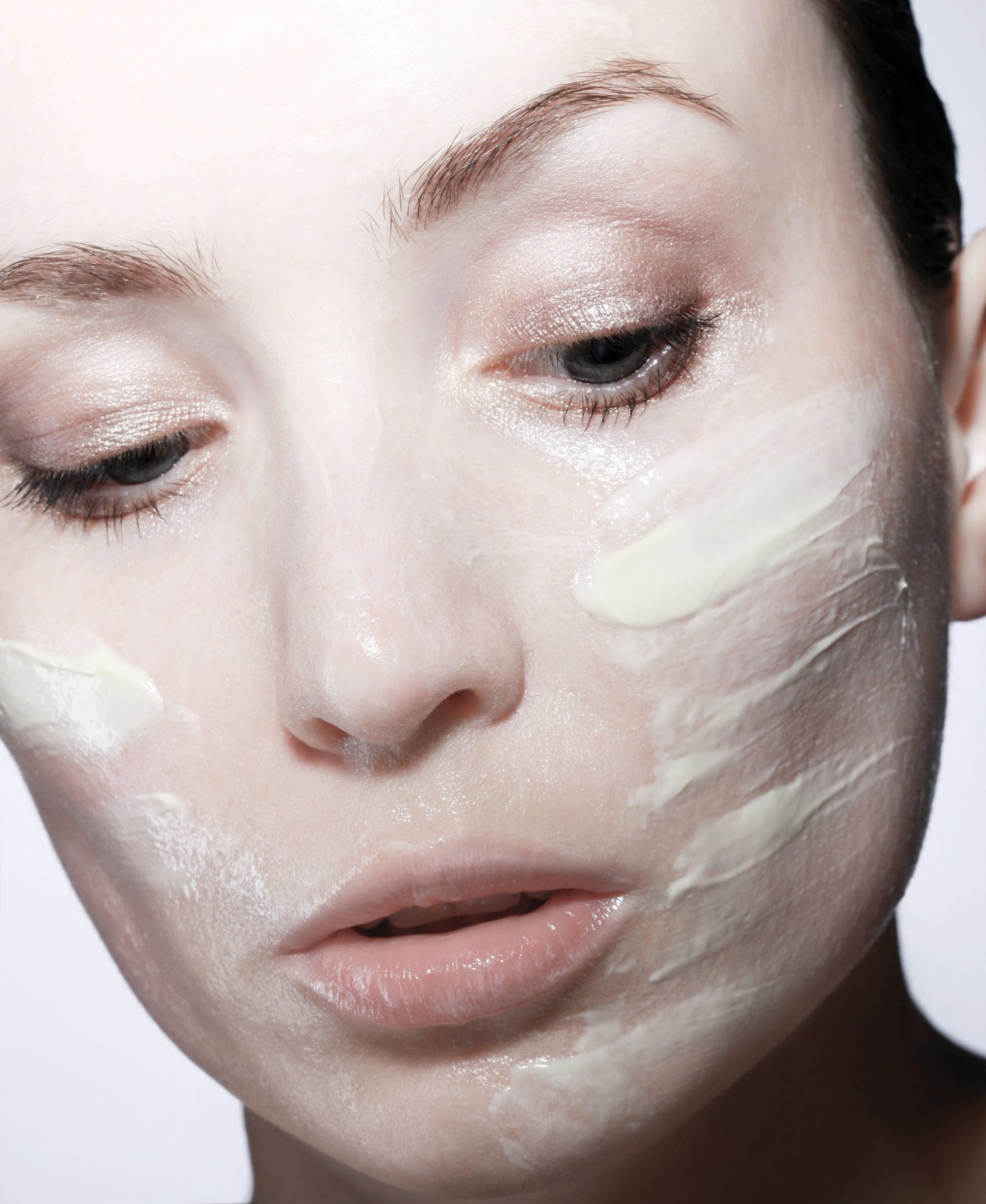 4. Use natural acne treatments. There are many natural acne treatments available these days, go into your local health food shop and they will be more than happy to advise on the best treatment for you. TOP TIP: Did you know you can use lavender or tea-tree essential oil neat on a spot or pimple to calm it down. Just one drop applied with cotton wool straight onto the affected area only.
4. Use natural acne treatments. There are many natural acne treatments available these days, go into your local health food shop and they will be more than happy to advise on the best treatment for you. TOP TIP: Did you know you can use lavender or tea-tree essential oil neat on a spot or pimple to calm it down. Just one drop applied with cotton wool straight onto the affected area only.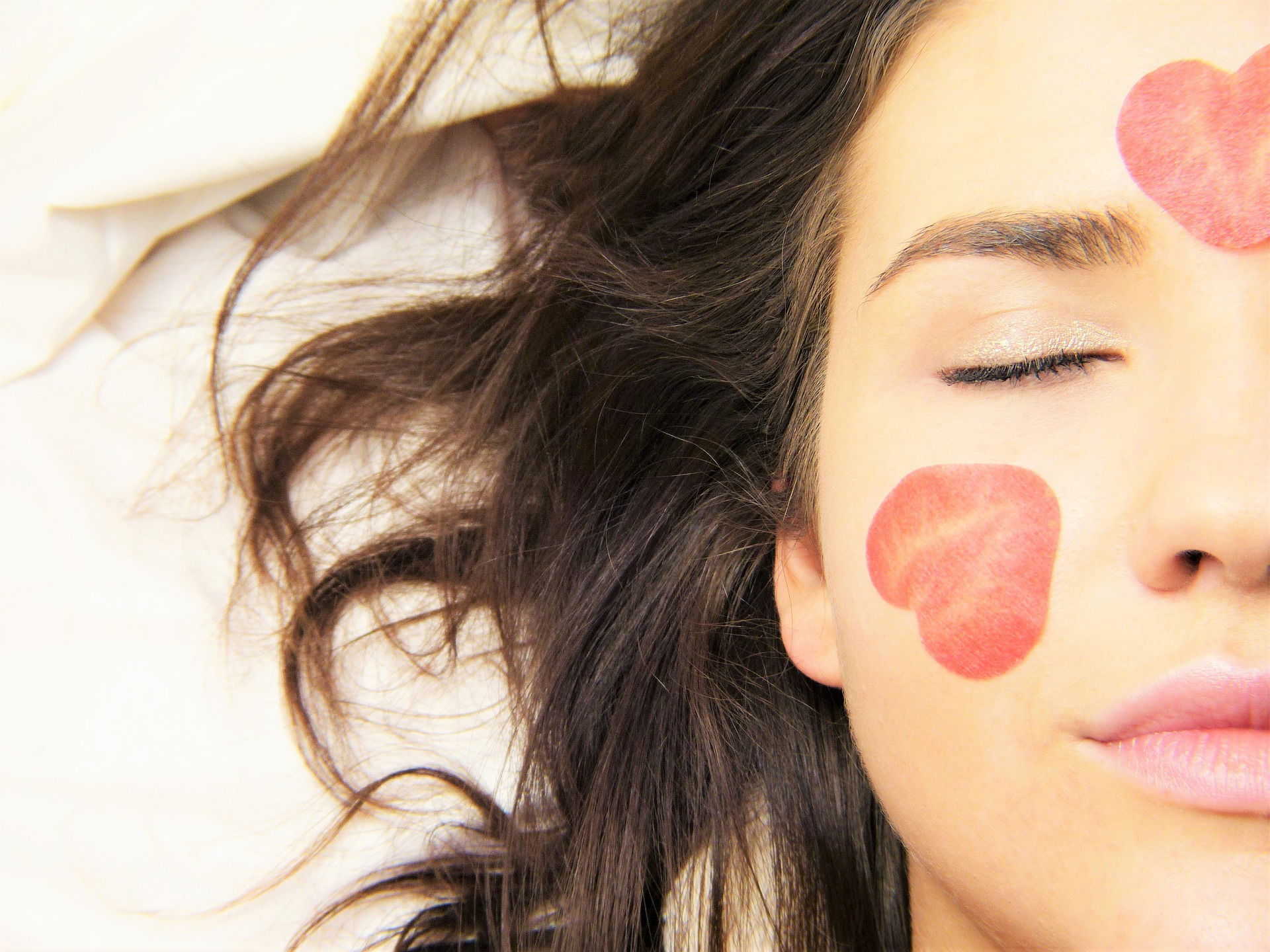 5. Stay hydrated. If you’re dehydrated your body may signal your skin to produce more oils. Dehydration also makes your skin dull and promotes inflammation and redness. Drink water regularly throughout the day, at least 8 glasses – more if you exercise, are pregnant or breastfeeding or you spend a lot of time in a humid environment.
5. Stay hydrated. If you’re dehydrated your body may signal your skin to produce more oils. Dehydration also makes your skin dull and promotes inflammation and redness. Drink water regularly throughout the day, at least 8 glasses – more if you exercise, are pregnant or breastfeeding or you spend a lot of time in a humid environment.
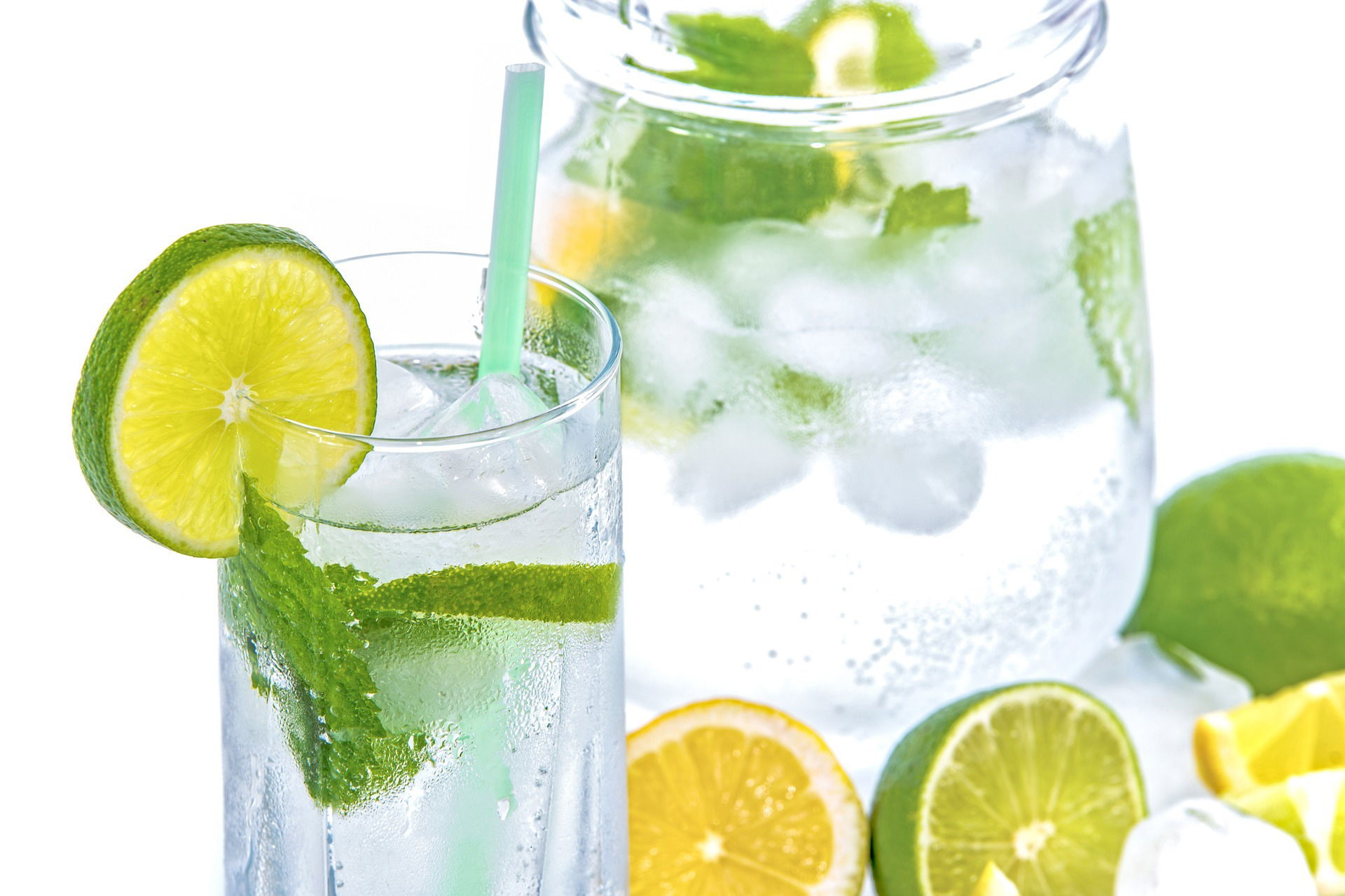 6. Limit makeup. Try not to use makeup as a ‘cover all’ – we know it’s very tempting. Using heavy foundations can make your problem worse as they will clog pores even more. There are some really good natural makeup products out there at the moment, made with light natural minerals, chemical free and non-comedogenic. Look for these at your beauty counter.
6. Limit makeup. Try not to use makeup as a ‘cover all’ – we know it’s very tempting. Using heavy foundations can make your problem worse as they will clog pores even more. There are some really good natural makeup products out there at the moment, made with light natural minerals, chemical free and non-comedogenic. Look for these at your beauty counter.
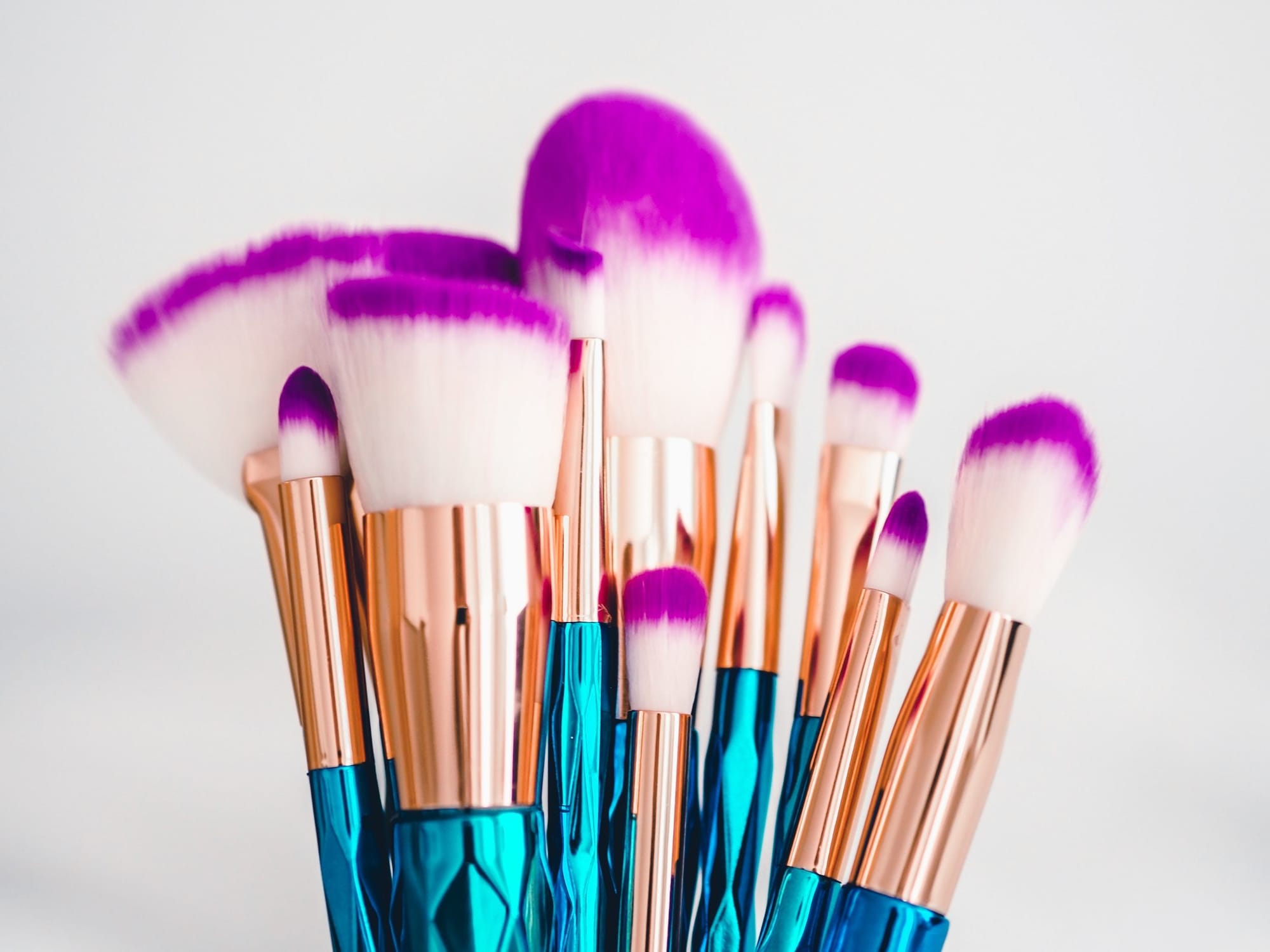 7. Don't touch your face. Your hands pick up grime and bacteria all through the day. When you touch your face you are transferring more pore-clogging impurities onto your skin, so avoid touching for face as much as possible. Wash your hands regularly.
7. Don't touch your face. Your hands pick up grime and bacteria all through the day. When you touch your face you are transferring more pore-clogging impurities onto your skin, so avoid touching for face as much as possible. Wash your hands regularly.
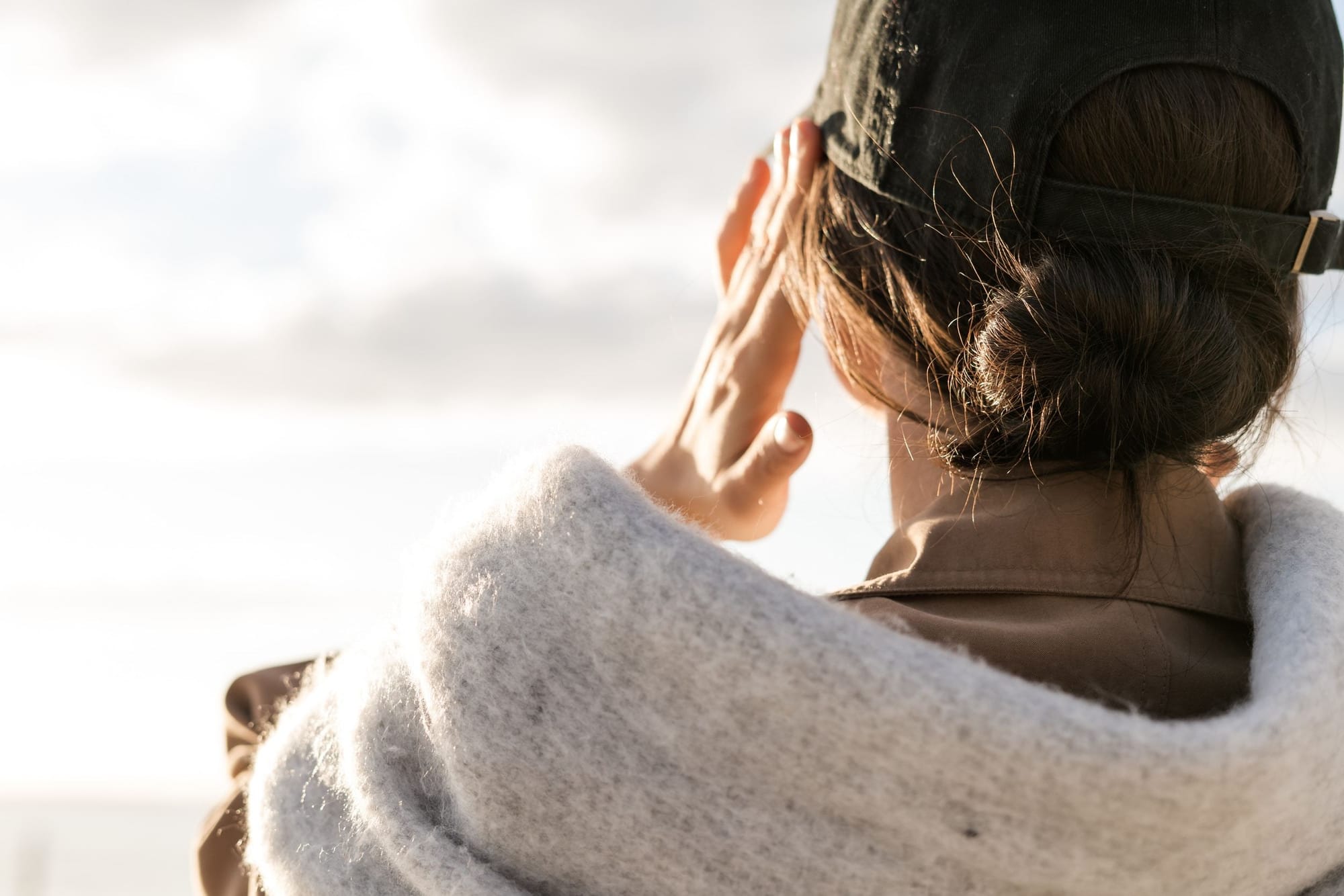 8. Limit sun exposure. In the short-term, exposure to the sun will dry out skin and clear up spots and pimples, but if it becomes too dehydrated your body will start producing more sebum and cause more clogged pores. Too much exposure to sun will also cause skin damage in the long-term. TOP TIP: If you are out in the sun, wear a hat and take a face mist spray with you. You can make a simple face mist by pouring floral water into a small spray bottle. Regularly spray onto skin to help prevent dehydration.
8. Limit sun exposure. In the short-term, exposure to the sun will dry out skin and clear up spots and pimples, but if it becomes too dehydrated your body will start producing more sebum and cause more clogged pores. Too much exposure to sun will also cause skin damage in the long-term. TOP TIP: If you are out in the sun, wear a hat and take a face mist spray with you. You can make a simple face mist by pouring floral water into a small spray bottle. Regularly spray onto skin to help prevent dehydration.
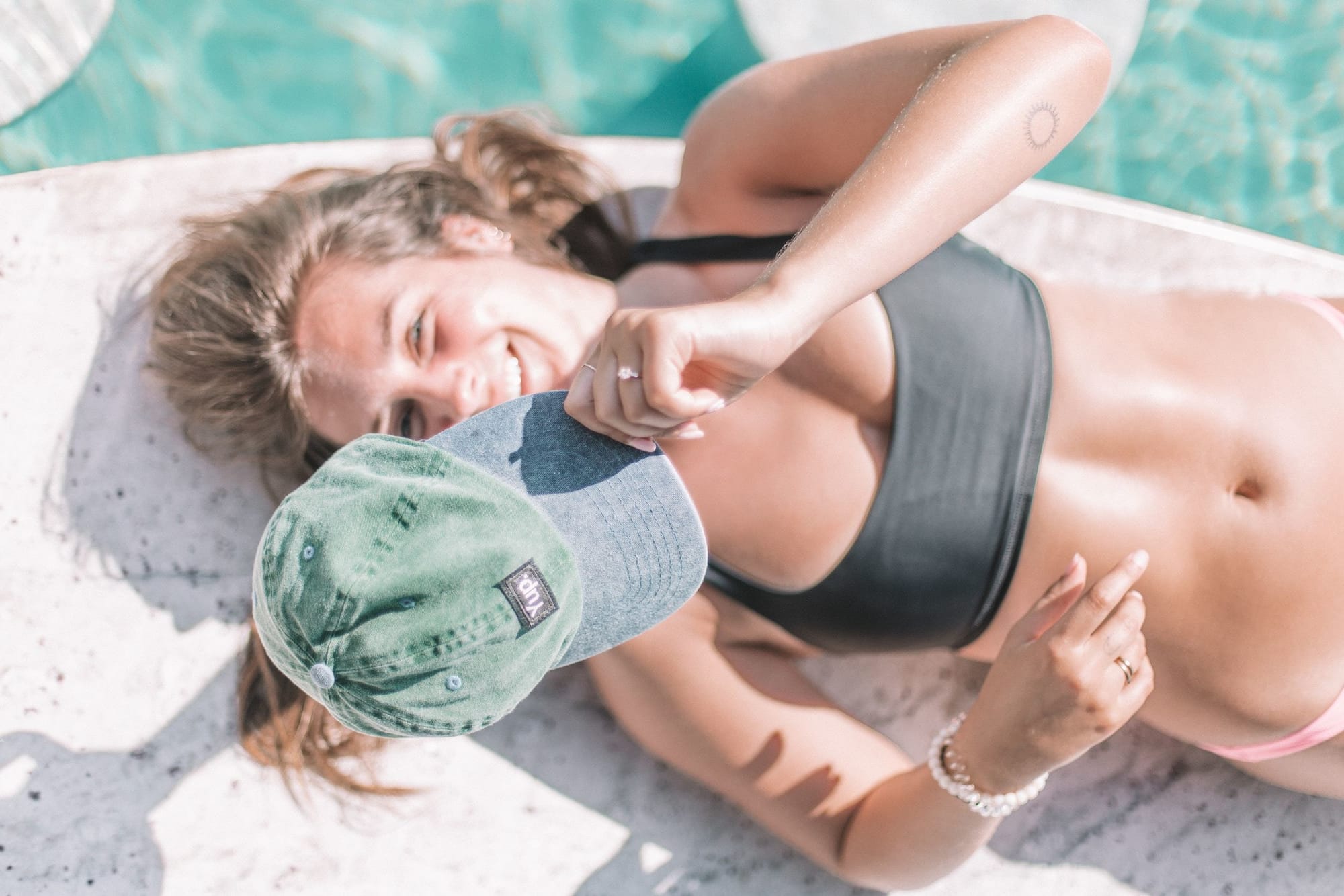 9. Do not pop pimples. It may be tempting, but do not pop pimples and spots. It may cause bleeding and scaring or infections. It can lead to more inflammation and also block surrounding pores making your problem worse.
9. Do not pop pimples. It may be tempting, but do not pop pimples and spots. It may cause bleeding and scaring or infections. It can lead to more inflammation and also block surrounding pores making your problem worse.
